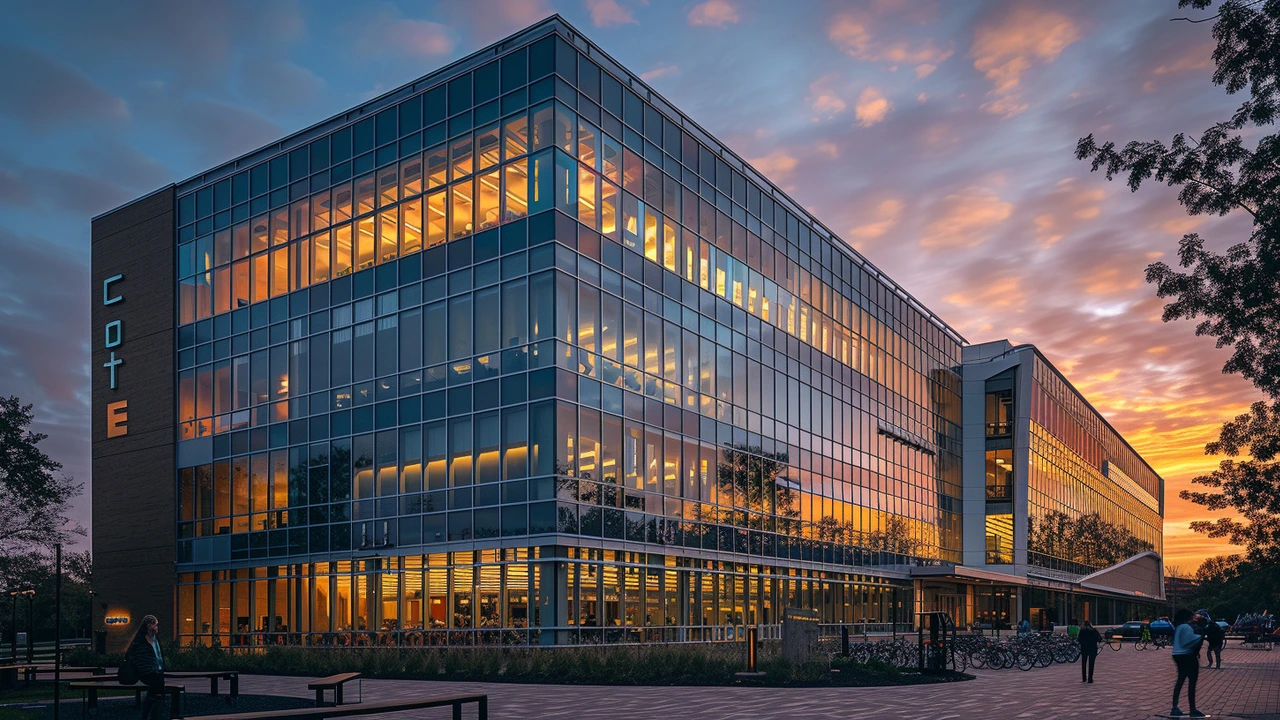Education: Tackling Graduation Gaps at Wayne State and Beyond
Only 1 in 10 Black students at Wayne State University graduate within six years. That stark figure is more than a statistic - it shows students are facing real obstacles that stop degrees in their tracks. If you care about fairness in higher education, it matters where you live and where you study.
Why do graduation gaps happen? Several clear reasons show up in research and on campuses. Many students arrive underprepared because of unequal K-12 systems. Financial pressure forces students to work long hours or drop classes. Campus culture and mental health services often don't match the needs of Black students. Poor advising and opaque degree requirements create confusion and wasted credits. Each problem needs a targeted fix, not a one-size-fits-all plan.
What can universities do right now?
First, collect and share clear graduation data by race, program, and entry year so problems aren't hidden. Create mandatory early advising for every first-year student, with degree maps and credit audits before registration. Expand bridge programs that reinforce math and writing the summer before classes start. Boost emergency grants and predictable financial counseling so students don't leave because of a short-term bill. Hire more advisors and faculty who reflect student diversity and train all staff on cultural competence. Finally, measure the impact: set realistic targets and publish progress every year.
What can students, families, and the community do?
Start by asking for data: request graduation and retention reports from your college. Use FAFSA, scholarships, and local emergency funds - there are options if you know where to look. Seek mentors through campus groups or community organizations; a single mentor can help you navigate registration, internships, and financial aid. Consider starting at a community college with a clear transfer pathway if debt risk is high. Join or support student organizations that push for better advising and transparency. Voting for local leaders who fund K-12 improvements also changes the pipeline into college.
You don't need to be a university leader to make a difference. If you're a friend or family member, help a student build a semester plan and check deadlines. If you're an alum or neighbor, support campus mentorship programs or donate to emergency aid funds. If you're a concerned citizen, ask public universities about their graduation goals and hold them to public timelines.
Quick checklist for students and families: Ask admissions for your cohort's six-year graduation rate and average time to degree. Ask an advisor to map required courses for your major and flag common bottlenecks. Apply early for emergency aid and campus jobs tied to your schedule. Join a study group or mentoring program in your first semester. If you're transferring, confirm which credits will count before you enroll.
Demand transparent timelines and measurable actions from leaders today.





